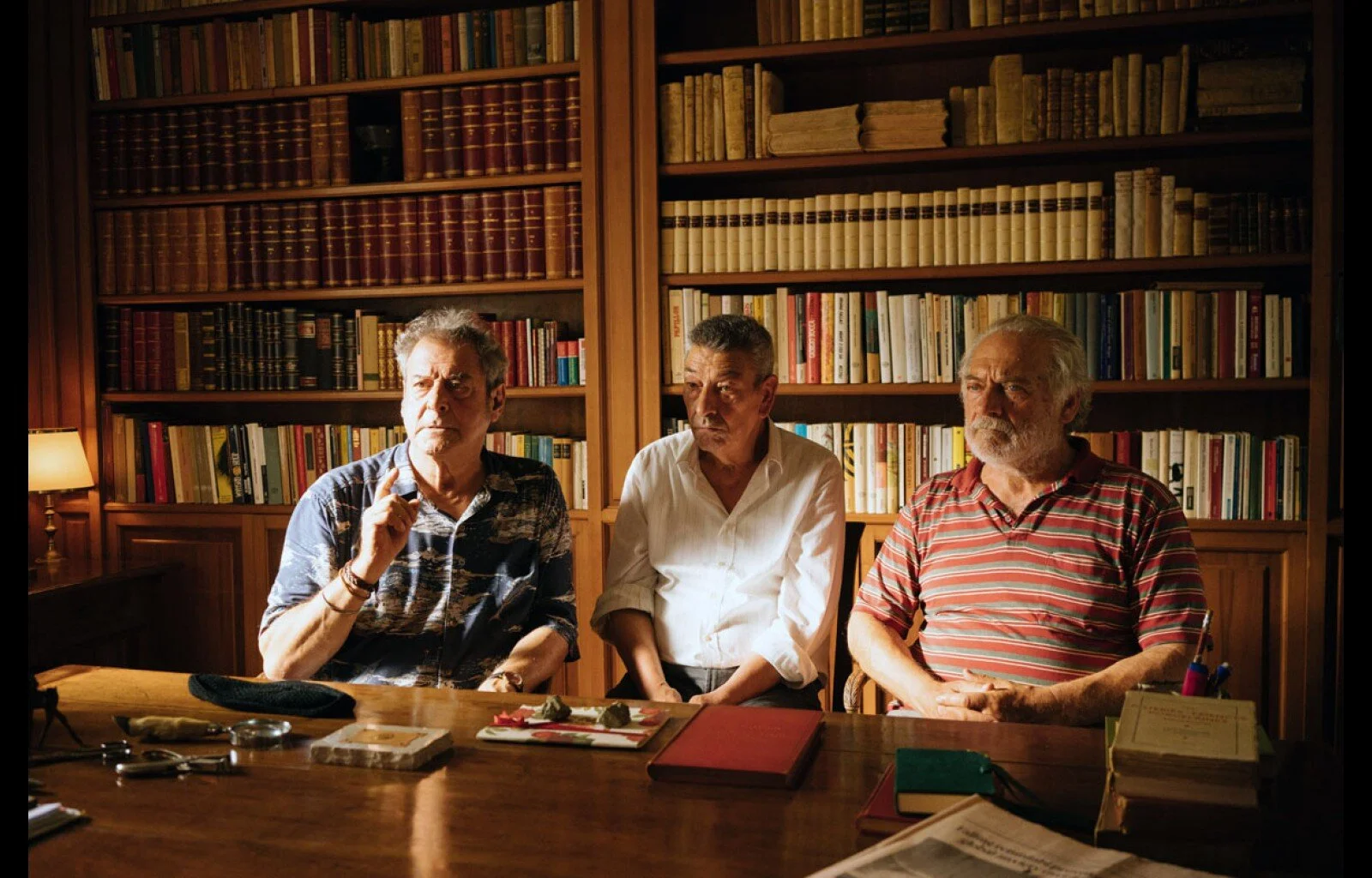Rebecca
Rebecca, Alfred Hitchcock’s lone Best Picture winner and one his snooziest films, was a prime candidate to be remade.
Ben Wheatley, the director of the darkly comic and hyper-violent High-Rise and Free Fire, may seem like an odd choice for the assignment, but his visual acumen and genre-blending skills prove an appealing fit for newly adapting Daphne Du Maurier’s gothic novel.
Foremost, the story of an unnamed young woman (Lily James) who goes from paid companion of Mrs. Van Hopper (a gleefully fussy Ann Dowd) to the lover of wealthy widower Maxim de Winter (Armie Hammer) over the course of a whirlwind Monte Carlo vacation greatly benefits from being filmed in color.
The slick, modern photography highlights one gorgeous coastal vista and bright period costume after another, enhancements that inspire a more effortless viewer engagement to the characters and their romance than the stodgy B&W original.
And as for concerns that a shift to color might lead to missing out on the Hitchcock film’s noir elements — fear not! Once the action shifts to longtime de Winter family estate Manderley, Wheatley makes fine use of shadows, especially when framing a frightfully icy Kristin Scott Thomas as creepy head housekeeper Danvers.
Modern technology’s amplification of the 1940 film’s few laudable qualities is more often than not an inspired marriage of past and present, and adds exciting new levels of suspense and intrigue to the new Mrs. de Winter’s troubles following in her predecessor’s beloved footsteps.
While the twists, turns, deceptions, and reveals are faithful to its forebear, and the lead performances by James and Hammer rarely extend beyond adequate, this Rebecca continues to set itself apart through its crisp imagery, including beautiful shots of the rocky coastline beyond Manderley’s walls, made possible through drone photography.
But once the truth of the titular woman’s death is revealed and the film enters murder trial mode, the storytelling turns choppy and disrupts its carefully-crafted air of mystery. The stumble to the end credits isn’t enough to discredit the cast’s and crew’s first- and second-act accomplishments, though it does suggest possible inherent issues with the source material and its potential for translating from the page to the screen.
Grade: B. Rated PG-13. Available to stream via Netflix starting Oct. 21
(Photo: Kerry Brown/Netflix)




